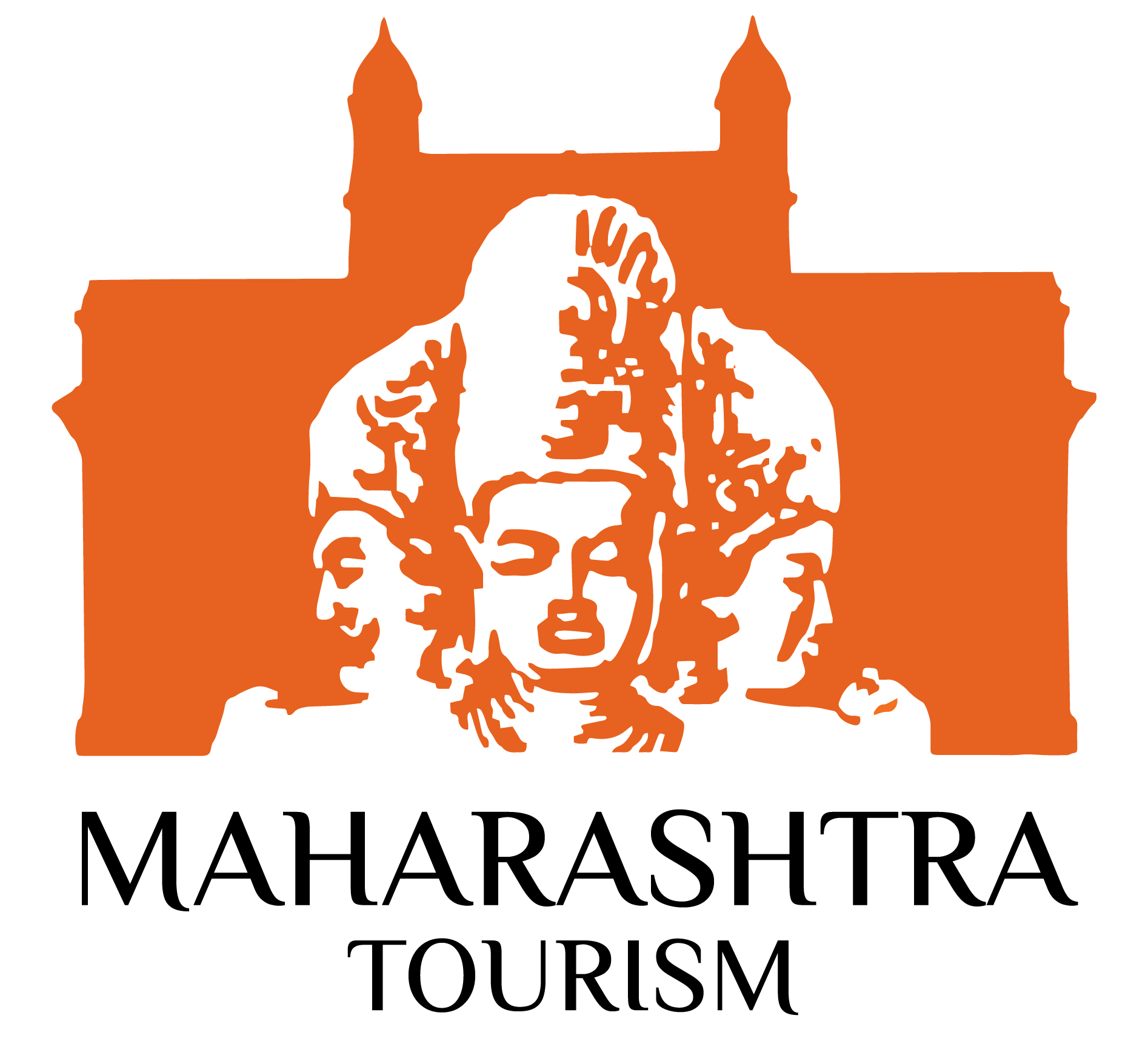Mangalagaur: A Unique Festive Tradition of Maharashtra
Origin and Significance
Mangalagaur is a traditional and culturally rich celebration observed by newly married women in Maharashtra. Dedicated to Goddess Gauri, a manifestation of Goddess Parvati, this festival signifies marital bliss, prosperity, and the well-being of the husband. The word “Mangalagaur” itself denotes auspiciousness, underlining the sacred and joyous nature of this event.
The origins of Mangalagaur can be traced back to ancient Hindu traditions that emphasized the importance of married life and the devotion of a wife toward her family. Historically, the festival served as a platform for women to bond, express their creativity, and share their joys and challenges in a supportive environment. Over time, it has become a vibrant cultural practice, showcasing the harmony between spirituality and social camaraderie.
Why Mangalagaur is Celebrated
Mangalagaur is celebrated as an expression of gratitude to Goddess Gauri for her blessings of a happy and prosperous married life. The festival is also an opportunity for women to pray for the long life and well-being of their husbands while seeking the goddess’s guidance for their familial duties and responsibilities.
Beyond its religious significance, Mangalagaur is a celebration of sisterhood and community. It provides a space for women to come together, strengthen their bonds, and create memories through rituals, games, and cultural activities. The festival fosters a sense of unity, joy, and shared tradition among participants.
When and Where Mangalagaur is Celebrated
Mangalagaur is observed during the Hindu month of Shravan (July-August), a period considered highly auspicious for worship and devotion. The festival typically falls on a Tuesday, a day associated with the worship of Goddess Gauri.
The celebrations take place in homes, temples, and community halls across Maharashtra. Urban and rural areas alike participate in the festivities, with each region adding its unique touch to the rituals and customs. Cities like Pune, Nashik, Kolhapur, and Mumbai are known for their elaborate and enthusiastic Mangalagaur celebrations.
Rituals and Celebrations
Mangalagaur is characterized by its vibrant and engaging rituals, which blend devotion, tradition, and entertainment. Here’s how it is typically celebrated:
- Worship of Goddess Gauri:
– The day begins with the installation of an idol or image of Goddess Gauri, beautifully adorned with flowers, jewelry, and traditional attire.
– Women offer prayers, light lamps, and perform aarti to invoke the goddess’s blessings for marital harmony and prosperity. - Fasting and Devotional Activities:
– Married women observe a fast throughout the day as an act of devotion and discipline.
– They chant mantras and sing hymns dedicated to Goddess Gauri, creating a spiritual ambiance. - Cultural Performances:
– The highlight of Mangalagaur is the cultural activities organized by women, including folk songs, dances, and traditional games.
– These performances often include lavani and other regional art forms, adding to the festive spirit. - Games and Entertainment:
– Women participate in various traditional games like phugadi, zimma, and bhendya, which are both entertaining and symbolic of unity and joy.
– These games also serve as a way to pass down cultural practices to younger generations. - Feasting and Sharing:
– A lavish vegetarian meal is prepared, featuring delicacies like puran poli, modak, and shrikhand.
– The feast is shared among family and friends, reinforcing bonds of love and togetherness.
Highlights of Mangalagaur
The essence of Mangalagaur lies in its ability to combine spirituality, culture, and entertainment into a single celebration. The vibrant decorations, melodious folk songs, and enthusiastic participation of women create an atmosphere of joy and positivity. The festival also provides a platform for preserving and promoting traditional art forms, games, and rituals, ensuring their continuity for future generations.
Mangalagaur celebrates the strength, resilience, and creativity of women, highlighting their vital role in upholding family and cultural values. It is a reminder of the enduring power of devotion, community, and shared traditions in enriching lives.
Accessibility and Visitor Information
Mangalagaur celebrations are primarily family and community-oriented, but visitors are often welcomed to witness and participate in the festivities. Temples and cultural organizations in Maharashtra frequently host public events showcasing Mangalagaur rituals and performances.
For those interested in experiencing the festival, visiting Maharashtra during the Shravan month offers an opportunity to immerse oneself in the state’s cultural and spiritual vibrancy. Observing or participating in Mangalagaur celebrations provides a deeper understanding of the rich traditions and values that define Maharashtra’s cultural heritage.

